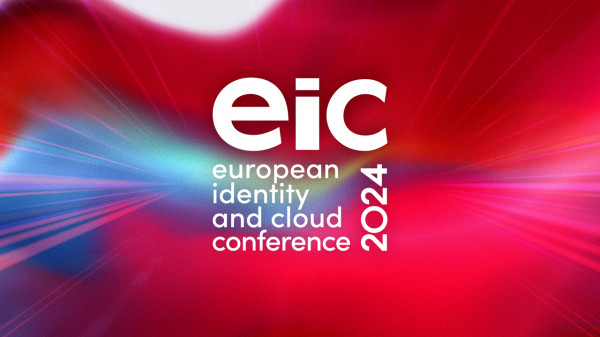Since launching its Web Services in 2006, Amazon has been steadily pushing towards global market leadership by continuously expanding the scope of their services, increasing scalability and maintaining low prices. Last week, Amazon has made another big announcement, introducing two major new services with funny names but a heavy impact on the future competition on the mobile cloud services market.
Amazon Zocalo (Spanish for “plinth”, “pedestal”) is a “fully managed, secure enterprise storage and sharing service with strong administrative controls and feedback capabilities that improve user productivity”. In other words, it is one of the few user-facing AWS services and none other than a direct competitor to Box, Google Drive for Work and other products for enterprise document storage, sharing, and collaboration. Built on top of AWS S3 storage infrastructure, Zocalo provides a cross-platform solution (for laptops, iPads and Android tablets, including Amazon’s own Kindle Fire) for storing and accessing documents from anywhere, synchronizing files between devices, and sharing documents for review and feedback. Zocalo’s infrastructure provides at-rest and in-transit data encryption, centralized user management with Active Directory integration and, of course, ten AWS geo-regions to choose from in order to be compliant with local regulations.
Now, this does look like “another Box” at first sight, but with the ability to offer cloud resources cheaper than any other vendor, even with Zocalo’s limited feature set Amazon has all the chances to quickly gain a leading position in the market. First with Google announcing unlimited storage for their enterprise customers and now with Amazon driving prices further down, it means that cloud storage itself has very little market value left. Just being “another Box” is simply no longer sustainable, and only the biggest and those who can offer additional services on top of their storage infrastructure will survive in the long run.
Amazon Cognito (Italian for “known”) is a “simple user identity and data synchronization service that helps you securely manage and synchronize app data for your users across their mobile devices.” Cognito is a part of newly announced suite of AWS mobile services for mobile application developers, so it may not have caused a splash in the press like Zocalo, but it’s still worth mentioning here because of its potentially big impact on future mobile apps. First of all, by outsourcing identity management and profile synchronization between devices to Amazon, developers can free up resources to concentrate on the business functionality of their apps and thus bring them to market faster. Second, using the Cognito platform app developers are always working with temporary limited identities, safeguarding their AWS credentials as well as enabling uniform access control across different login providers. Thus, developers are implicitly led towards implementing security best practices in their applications.
Currently, Cognito is supporting several public identity providers, namely Amazon, Facebook and Google, however the underlying federation mechanism is standard-based (OAuth, OpenID Connect), so I cannot believe it won’t soon be extended to support enterprise identity providers as well.
Still, as much as an ex-developer in me feels excited about Cognito’s capabilities, an analyst in me cannot but think that Amazon could have gone a step further. Currently, each app vendor would maintain their own identity pool for their users. But why not give users control over their identities? Had Amazon made this additional step, it could eventually become the world’s largest Life Management Platform vendor! How’s that for an idea for Cognito 2.0?










































